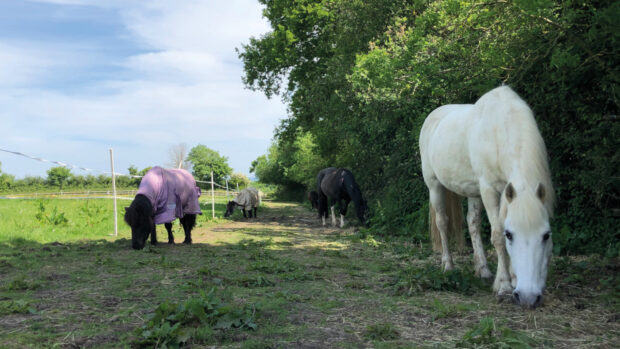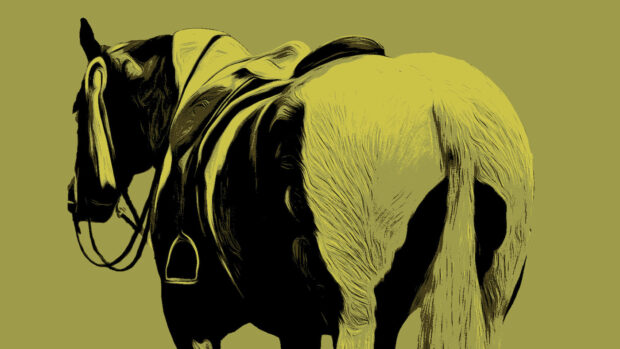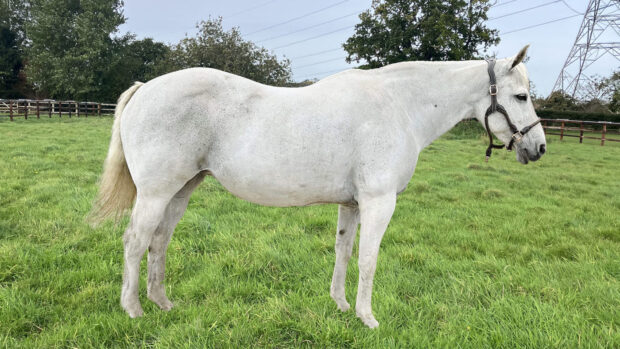Scientists are looking for new ways to measure obesity in horses and ponies after research released last month questioned the accuracy of conventional body condition or “fat scoring” systems.
The study by the University of Liverpool and supported by World Horse Welfare found ponies on a strict 12-week diet lost weight but kept the same fat score.
“This highlights the concern that body condition scoring may not be the most effective way to monitor early weight loss in ponies,” said Clare Barfoot, research development manager at Spillers.
The body conditioning scoring system gives an idea of how fat a pony is based on their appearance — a score of one indicating emaciated, nine being obese.
In the new study, five Welsh mountain pony mares, with an average body condition score of 6.8, were fed a restricted diet for 12 weeks.
During the time the ponies lost 12% of their body weight — but their body condition scores remained the same.
Lecturer Dr Caroline Argo from the University of Liverpool said: “More than 50 per cent of equines are thought to be obese but we don’t know much about fat in horses — which deposits are dangerous, how it is distributed and so on.
“Sometimes animals hide fat inside their body. Condition scoring looks at the outside
of the animal, but the research shows it is not always a true picture of condition. We need
to develop a system to determine fatness.”
Dr Argo also urged owners to keep dieting fat animals: “Sometimes owners don’t see a difference and give up, but the horses may be losing weight, albeit not visibly. It is essential to measure the girth regularly as well as using conventional scoring tests.”
The research was part of a study looking at how to diet fat animals safely.
World Horse Welfare deputy chief executive Tony Tyler added: “Nobody knew that ponies could lose weight and for a period of time appear unchanged when fat scored.
“Fat scoring does identify overweight horses and we would still recommend its use in conjunction with a weigh tape. A cautious approach needs to be taken when dieting your horse and advice should be sought from your vet.”
This news story was first published in Horse & Hound (8 October, ’09)




